The popularity of the digital nomad lifestyle has exploded post-pandemic. Shaking traditional ideas about work, digital nomadism has given people a fantastic chance to work and travel at the same time. Millions of Americans are ditching traditional jobs to explore new countries while keeping their income.
However, being abroad doesn’t mean digital nomads are completely free of their responsibilities as U.S. citizens. They still have to deal with taxes and a lot of paperwork. It’s not fun, but knowing how to best deal with them will help keep your life simple.
The rise of American nomads
Today, an estimated 35 million people worldwide consider themselves digital nomads, and nearly half of those are Americans.
Why are so many people attracted to the nomadic lifestyle? It’s really not hard to see. If they wanted to work on a beach, with the salty breeze blowing across their face, they could. They don’t even have to apply for paid time off.
If they wanted to work in a cozy cabin atop a chilly mountain, they could, too. If there’s a reliable internet connection, a digital nomad can work there.
Americans are choosing this lifestyle because of the freedom it affords them. They get to meet new people, discover amazing sights, and break free from the 9-to-5 grind.
And yet, being free doesn’t mean you’re completely off the hook. As an American abroad, you’ve still got responsibilities that you shouldn’t set aside.
FATCA obligations for U.S. nomads
One thing that bewilders many U.S. nomads is FATCA. It stands for Foreign Account Tax Compliance Act, and honestly, it’s pretty annoying.
Under FATCA, Americans abroad have to report their foreign assets if they’re worth over a certain amount, like $200,000 at the end of the year or $300,000 at any point during the year.
Don’t even think of neglecting FATCA. You could get fined $10,000 or even up to $50,000 for each violation. As a nomad, you can’t afford to pay such fines, so you must understand FATCA obligations to stay out of trouble.
It might be a hassle, but sorting it out lets you keep enjoying your travel stress-free.
U.S. tax responsibilities abroad
The U.S. handles taxes a bit differently than other countries. Instead of taxing you based on where you live, Uncle Sam taxes you wherever you go. That means even if you’ve spent years traveling, you still need to file an annual tax return.
Many people think that if they earn money outside the U.S., they don’t owe American taxes. That’s not true. Misunderstandings like these can cause big headaches later. Knowing this ahead of time helps you stay carefree on the road.
FBAR vs. FATCA: Key differences
Digital nomads must also know about FBAR, which is different from FATCA. Also known as FinCEN Form 114, FBAR mandates that you have to tell the U.S. government if your overseas bank accounts ever reach a total value of over $10,000 in a year.
FBAR and FATCA might sound similar, but they’re actually a bit different. FATCA covers more types of assets with higher limits, while FBAR focuses mainly on bank accounts and kicks in at lower amounts.
Knowing the difference will save you from headaches and annoying fines, making it easier to keep your travels worry-free.
Consequences of non-compliance
Ignoring FATCA and FBAR can seriously mess up your plans. You could end up owing up to $50,000 if you don’t follow the rules, which could throw a wrench into your finances.
On top of losing cash, some foreign banks might even close your accounts or refuse to let you open new ones because they don’t want trouble with U.S. rules.
That makes everyday expenses like renting a place or booking flights way harder. Staying compliant means less stress and more fun on your adventures.
Seeking professional guidance
All this taxation can get confusing pretty quickly. It’s okay to ask for help. There are people who actually enjoy sorting out this mess, like Greenback Expat Tax Services or even the IRS’s International Taxpayer Service. They know exactly how to help Americans living abroad.
Getting expert advice takes the guesswork out of taxes. Moreover, these pros can help you use some cool tax breaks for expats. The peace of mind alone is totally worth it.
Even if you’re pretty good at handling your finances, dealing with taxes abroad can still be tricky. Different countries have different tax agreements with the U.S., and keeping track of all the little details can become overwhelming.
Having someone who knows the ins and outs can make life a lot easier. They can spot mistakes you might miss and guide you through complicated situations.
Also, it frees you up to spend more time doing the things you actually enjoy. Instead of stressing over taxes, you have more time to explore new cities, meet cool people, or simply relax on the beach.
Final words
The nomad lifestyle rocks, but being an American abroad comes with a bit of paperwork. Knowing the rules about FATCA, FBAR, and tax filing is important, even if it’s boring.
If you stay informed, you can keep your travels hassle-free and focus more on the fun parts of exploring the world.
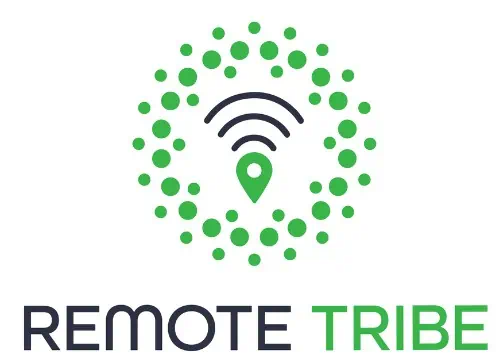
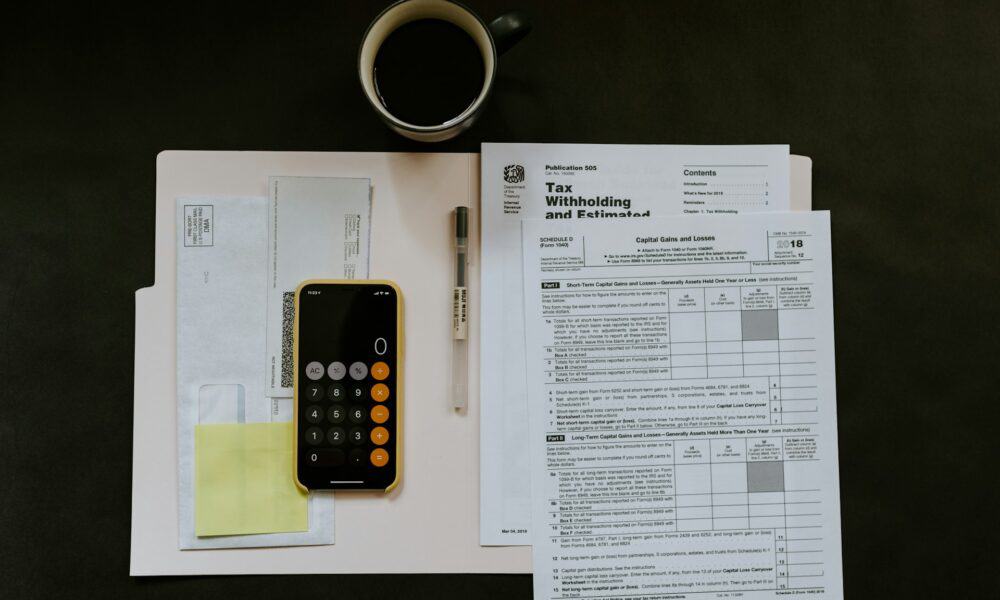

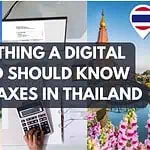
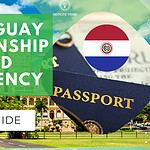
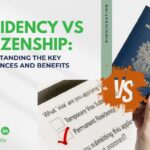
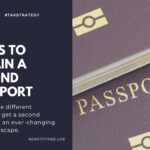


No Comment! Be the first one.